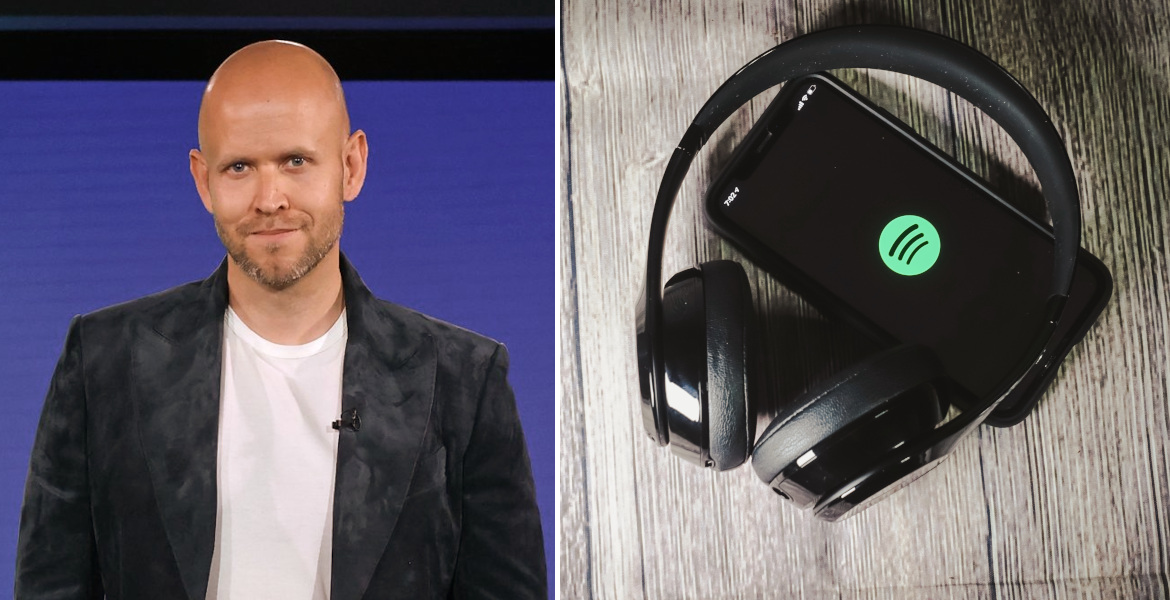Fredrik Erixon, head of the think tank ECIPE, writes in an opinion piece that Sweden is one of the major losers in the new wave of global protectionism, which he sees spreading rapidly.
He argues that “Sweden is making a downward technological class journey” and that the country is quickly becoming more “peripheral” in a range of technology-related fields.
Erixon, who has a background at the investment bank JP Morgan and the neoliberal think tank Timbro, points out that the U.S. under recent presidents has distanced itself from “the economic world order that emerged after World War II” and instead shifted toward increased protectionism—believing that the current world economic order “is not capable of handling new geopolitical conflicts”.
“That attitude also extends to climate policy: the US, like the EU now as well, no longer accepts an international climate policy framework where China can continue a fossil-fueled economic expansion while Western companies become less competitive due to rising energy costs. The world economy is moving into a protectionist spiral”, he continues.
According to the lobbyist, “Sweden is one of the major losers” in this new era of protectionism – because “we are too small an economy to play hardball when dealing with economic frictions”.
“Sweden cannot compete based on the power of large numbers: we don’t have a population size that allows us to influence other countries with dazzling consumer demand, investments, natural resources, and so on. They can manage without us. At the same time, we are enormously dependent on economic openness for our prosperity and for access to services and technologies from the rest of the world”.
“Once at the forefront”
He also raises a warning about what he sees as Sweden’s tendency to align with an “EU policy that is more inward-looking and fearful of competition”, arguing that particularly “high-tech and research-intensive sectors” in Sweden have suffered under EU policies, and that Sweden’s passivity has damaged its geoeconomic influence.
“Sweden is making a downward technological class journey. In recent years, the government has created various incentives for a larger share of investments to go to ‘mid-tech’ technologies like batteries and green steel. The GDP effect from these technologies is limited. In major transversal technologies like materials, AI and quantum technology, telecommunications and space technology, and biotechnology, Sweden is becoming increasingly peripheral—even though we were once at the forefront of these technologies and their commercialization”, he laments.
Calls for government investment
According to Erixon, the solution is for the authorities to start using their “state capacity” to improve Sweden’s geoeconomic position -through targeted political efforts and by offering businesses “better tax incentives and more attractive conditions for research-intensive activities and human capital to locate in Sweden”.
“Especially in transversal technologies – that is, technologies expected to drive much of future innovation and structural transformation in the economy”, he continues.
He concludes with a recommendation that the government’s spending on research and development should be “at least” 5 percent of GDP within ten years – and that the state should begin by allocating an additional 500 billion SEK to strategic research over the coming decade.









